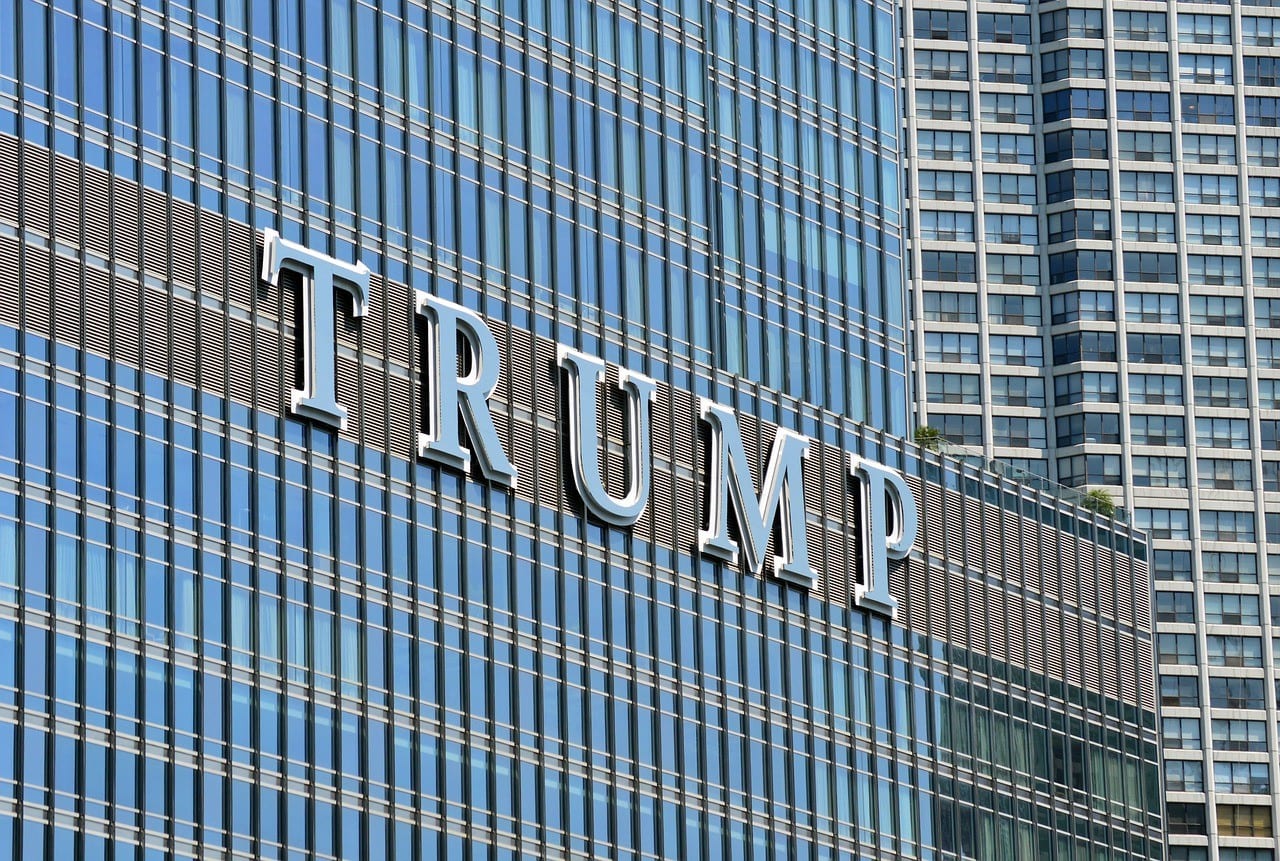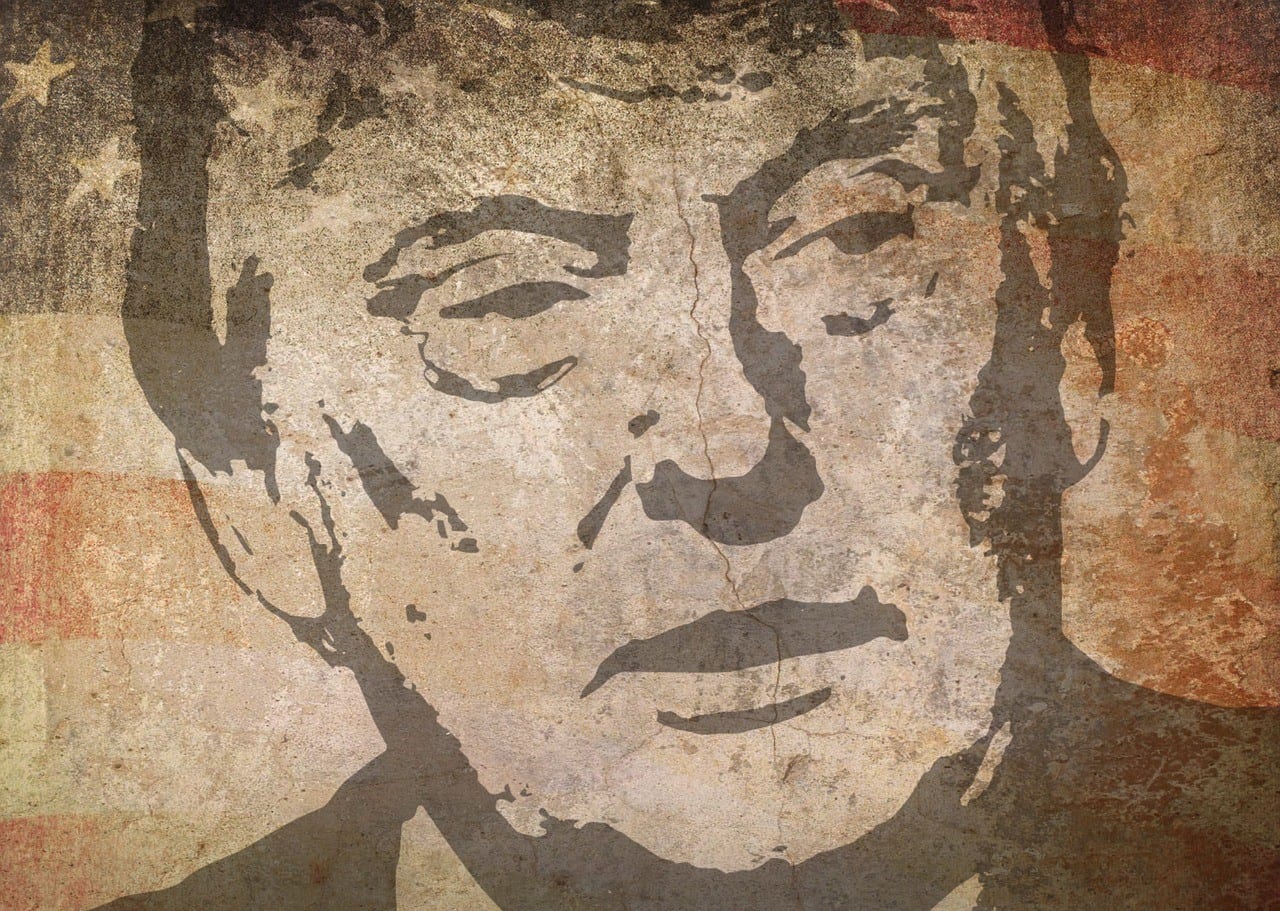
Had our country elected Hillary Clinton, it would have made history. She would have been the first female president ever in the United States.
However, by electing Donald Trump, the country faced another moment in history: the first president elected awaiting a civil trial for fraud charges.
President-elect Trump avoided the trial by agreeing to settle the two class action lawsuits in federal court in San Diego and as third in New York. According to the Los Angeles Times, the roughly 7,000 eligible plaintiffs will receive anywhere from 55% to 100% they spent on Trump University. 21 million of the settlement went to the San Diego plaintiffs while the remaining $4 million went to the New York plaintiffs.
There are five generally recognized reasons for settling a lawsuit: expense, stress, privacy, predictability, and finality. Another reason can now be added to that list: a President or President-elect is too busy running the affairs of the country to be consumed with defending against civil damage claims. At least that was Trump’s reason for settling.
However, Trump will still make history in lesser sort of way—at least 74 of the 4,000 plus lawsuits against the president-elect and his businesses will still be pending when he takes the Oath of Office. No other president has ever assumed the office of the presidency with so many claims of civil wrongdoing having been leveled against them.
With respect to the Trump University lawsuit, he had been sued for $40 million by students who said they had been swindled out of tens of thousands of dollars with “switch-and-bait” tactics and misleading promises.
Business fraud, the kind Trump has engaged in throughout his business career, happens in more than just the corporate world – charity fraud occurs on a huge scale as well.
What Is the Donald J. Trump Foundation?
The Donald J. Trump Foundation was founded in 1987 with the money earned from Trump’s book The Art of the Deal. Until 2005, a majority of the foundation’s funds came from personal donations from Trump. Since then, the foundation has been funded by private donations from others.
What does the foundation do exactly?
The Donald J. Trump Foundation is considered a “private non-operating foundation.” Basically, it funnels money to other charity organizations.
Several dozen charities and organizations receive money from the Trump Foundation each year: past recipients have include the Alliance for Lupus Research, the Anti-Defamation League, and even the Clinton Foundation. (That donation was made in 2009.)
Why Is It Under Scrutiny?

The money doesn’t just go to charitable organizations, though. The Foundation has also paid for multiple portraits of its founder, totaling tens of thousands of dollars, and some funds have also been used to promote Trump’s business empire.
According to reports from the Huffington Post, over $250,000 was used to settle Trump’s legal woes. In other words, Trump’s businesses were sued on multiple occasions, and to settle the businesses agreed to donate money to a charity.
Which charity, exactly?
The Donald J. Trump Foundation—an entity that in many states does not even meet the requirements to register as a charity.
As of October 2016, the state of New York has forced the foundation to cease collecting and soliciting donations within the state. It is also conducting an investigation into how the foundation distributes money and donations.
Do the Accusations Mean That The Trump Foundation Is Guilty?
Absolutely not.
Our country has dealt with incredibly serious instances of charity fraud before.
In 2015, the Federal Trade Commission took action against James T. Reynolds Sr. and his family for the fraudulent activity committed by a group of organizations they ran: The Cancer Fund of America, The Breast Cancer Society, and the Children’s Cancer Fund.
Though the groups had collected over $187 million since they were founded, only 3% of that money made it to cancer patients. In fact, a majority of the funds went to cover personal expenses including six-figure salaries, college tuition payments, luxury cruise vacations, and cars for family members. The family agreed to pay a $75.8 million judgment and the organizations are no longer operating.
That case involved actions that constituted clear – even obvious – charity fraud. The Trump Foundation’s case is a little murkier.
The simple fact is that some organizations do a better job at allocating funds to the intended recipients than others. To put it mildly, the Trump Foundation did not always do a very good job. That does not automatically mean it committed fraud, though.
However, if the Trump Foundation is charged and convicted, it could face large fines depending on the scope of the fraud, and those involved could find themselves severely penalized. If you have been accused of fraud while operating a non-profit or charitable organization, the best way to protect yourself and your organization is to get in contact with an experienced fraud defense lawyer immediately.



